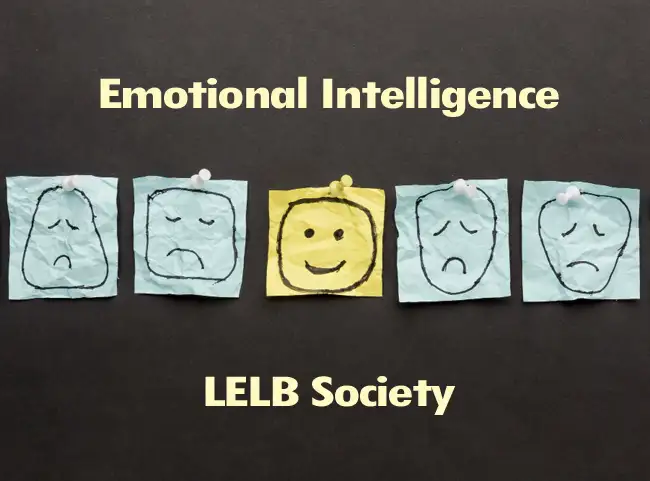Personality IELTS Listening and Reading Practice Personality IELTS Listening and Reading Practice Selected Text (below 500 words) Source: https://www.psychologytoday.com/ "To know thyself is the beginning of wisdom." This famous quote is often attributed to Socrates. But what exactly do you know when you “know yourself?” This blog will reveal 6 elements of self-knowledge that can help you understand your own identity. As you live your daily life, you can look for clues to these important building blocks of Self. But first, why is it important to know yourself? The Benefits of Self-Knowledge Maybe it’s obvious, but here in a nutshell are a few ...
Home » Listening Practice in English » Personality IELTS Listening and Reading Practice

Personality IELTS Listening and Reading Practice
Updated: by Dr. Mohammad Hossein Hariri Asl
Time to Read: 4 minutes | 411 Views | 20 Comments on Personality IELTS Listening and Reading Practice
Share This Post
About the Author
Dr. Mohammad Hossein Hariri Asl is an English and Persian instructor, educator, researcher, inventor, published author, blogger, SEO expert, website developer, entrepreneur, and the creator of LELB Society. He's got a PhD in TEFL (Teaching English as a Foreign Language).
Number of Posts: 4242



10. Is it really plausible to sacrifice your chances in your life for other people?
Sacrificing your opportunities for the benefit of others is a deeply personal decision and can be seen as an act of selflessness and compassion. It is plausible and often seen in various contexts, such as supporting family members, helping friends in need, or working towards a greater cause. However, it’s important to balance this selflessness with self-care and personal aspirations.
9. Why does the following situation seem to be rather weird?
8. What is the result of the test if we choose A from 1 to 3?
It depicts one aspect of our personality trait about free will, willpower or volition.
7. What does having a photographic mean?
Corrections:
photographic memory
6. What are the consequences of saying what you think?
6. What are the consequences of saying all what you think?
Thank you for performing self-assessment and making your intention clearer.
5. What does it indicate when I choose flying over using the internet?
Choosing flying over using the internet could indicate a preference for experiencing the physical world over virtual interactions. It suggests a desire for adventure, exploring new places, and valuing direct, sensory experiences.
4. What personality do we have if we want to be the smartest person?
Striving to be the smartest person often involves certain personality traits and characteristics. Here are a few that are commonly associated: curiosity, perseverance, open-mindedness, critical thinking, and self-motivation.
3. What does the narrator mean by saying “go with your gut”?
The idiom “go with your gut” means to trust your instincts or feelings when making a decision, rather than relying solely on logic or outside opinions. It suggests that your initial reaction or intuition can often be the best guide in uncertain situations. Essentially, it encourages you to follow what feels right to you personally.
2. What is the result of our decision on our life?
Corrections:
It’s better to pluralize “decision”.
How do knowing yourself help to resist bad habits?
Corrections:
1. How does …